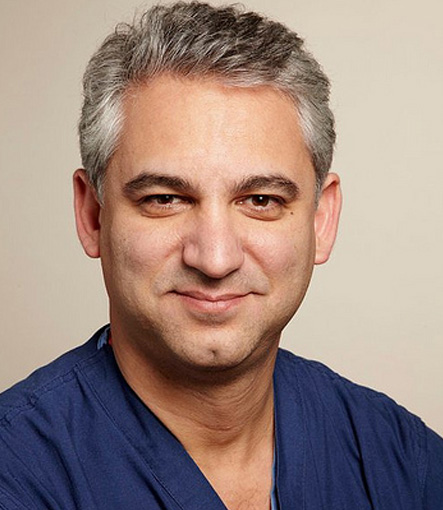Benign Prostatic Hyperplasia (BPH) Commonly Used Treatments And Medications
Benign prostatic hyperplasia or BPH is a common, noncancerous enlargement of the prostate gland. The enlarged prostate may compress the urinary tube (urethra), which courses through the center of the prostate, impeding the flow of urine from the bladder through the urethra to the outside. When is comes to treating BPH there are a wide variety of treatments available for patients, including medication, minimally invasive therapies, and surgery. The best treatment choice for you depends on several factors, including:
- The size of your prostate
- Age
- Overall health
- Your amount of discomfort
Often times patients with mild symptoms may only require simple lifestyle changes in order to improve their prognosis. For patients who are experiencing more severe symptoms there are a number of treatment options to take into consideration.
Medication for Benign Prostatic Hyperplasia (BPH)
Medication is the most common treatment used for mild to moderate symptoms of prostate enlargement. Medications used to treat BPH include:
Alpha Blockers
These medications relax bladder neck muscles and muscle fibers in the prostate, making urination easier. Alpha blockers — which include alfuzosin (Uroxatral), doxazosin (Cardura), tamsulosin (Flomax), and silodosin (Rapaflo) — usually work quickly in men with relatively small prostates. Side effects can include dizziness and a harmless condition in which semen goes back into the bladder instead of out the tip of the penis (retrograde ejaculation).
5-Alpha Reductase Inhibitors
These medications work by shrinking your prostate and preventing hormonal changes that cause prostate growth. These medications — which include finasteride (Proscar) and dutasteride (Avodart) — might take up to six months to be effective. Side effects include retrograde ejaculation.
Tadalafil (Cialis)
Studies suggest this medication, which is often used to treat erectile dysfunction, can also treat prostate enlargement. However, this medication is not routinely used for BPH and is generally prescribed only to men who also experience erectile dysfunction.
Surgical Therapy for Benign Prostatic Hyperplasia (BPH)
Surgery is perhaps one of the best and effective methods used to treat BPH but does however carry a small risk of potential side effects such as erectile dysfunction. There are several types of minimally invasive or surgical therapies available for treating BPH. The most common forms of surgery include:
Transurethral Resection Of The Prostate (TURP)
A lighted scope is inserted into your urethra, and the surgeon removes all but the outer part of the prostate. TURP generally relieves symptoms quickly, and most men have a stronger urine flow soon after the procedure. After TURP you might temporarily need a catheter to drain your bladder, and you’ll be able to do only light activity until you’ve healed.
Transurethral Incision Of The Prostate (TUIP)
A lighted scope is inserted into your urethra, and the surgeon makes one or two small cuts in the prostate gland — making it easier for urine to pass through the urethra. This surgery might be an option if you have a small or moderately enlarged prostate gland, especially if you have health problems that make other surgeries too risky.
Choosing the right treatment for BPH is largely up to you and your doctor. The extent to how well a treatment will improve upon your symptoms depends partly on how bad your symptoms are and how much you are affected by them. If you are not bothered by your symptoms prior to treatment, you are less likely to notice much improvement following treatment. While surgery does offer the best chance for improving symptoms of BPH, it also has the risk of potentially causing other problems.






